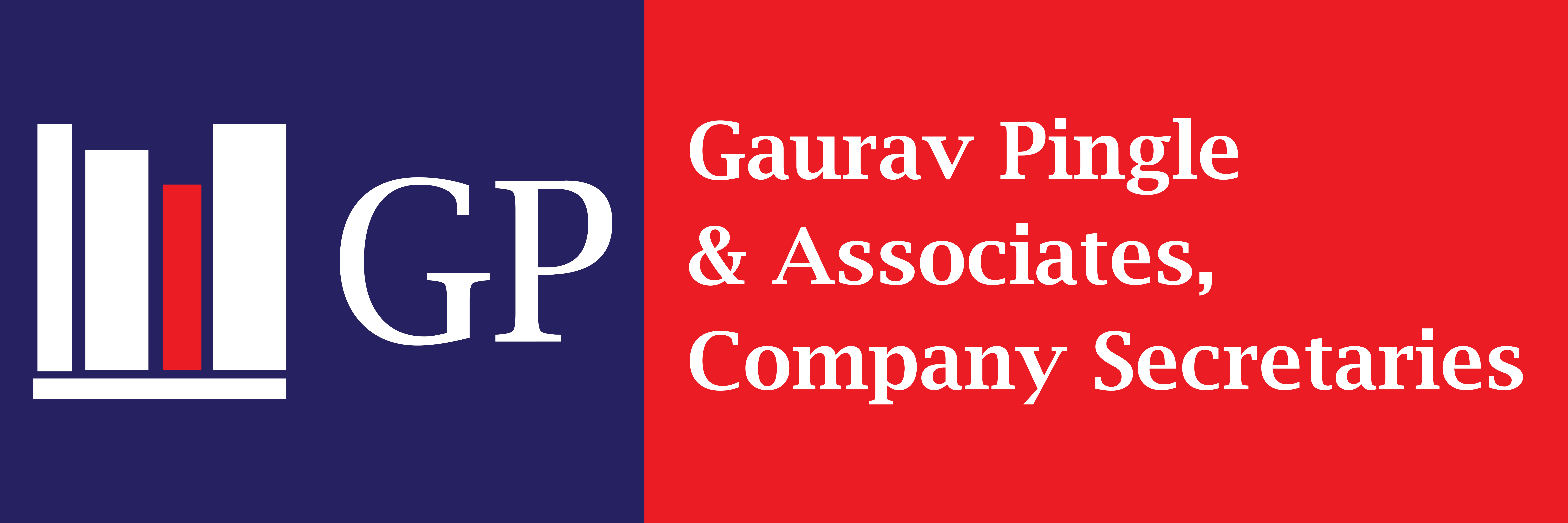Originally, the provisions of ‘Commencement of Business’ was introduced in Companies Act, 2013 but the same was omitted by the Companies (Amendment) Act, 2015. The initial life of the said provision was from April 1, 2014 to May 29, 2015. The said provisions were omitted with an objective of ease of doing business. This meant that a company can start business immediately on its incorporation and not separate compliance or reporting is required.
The provision relating to ‘commencement of business’ was revived in few years.
The Company Law was again amended by Companies (Amendment) Act, 2019 and the said provisions were re-introduced with effect from November 2, 2018.
According to section 10A of the Companies Act, a company having a share capital shall not commence any business or exercise any borrowing powers unless the following two conditions are satisfied:
- A declaration is filed by a director within a period of 180 days of date of incorporation of the company, with the Registrar of Companies that every subscriber to the memorandum has paid the value of the shares agreed to be taken by him on the date of making of such declaration; and
- Company has filed with the Registrar of Companies a verification of its registered office.
This means that company cannot immediately start business upon its registration. The company is required to complete the said compliance and then it can commence business or exercise borrowing powers.
Accordingly, the Companies (Incorporation) Rules, 2014 were amended w.e.f. December 18, 2018 and provisions were provided with respect to e-Form, certification, etc. The Rules provide that in case of a company pursuing objects requiring registration or approval from any sectoral regulators such as RBI, SEBI, etc., the registration or approval, as the case may be from such regulator shall also be obtained and attached with the declaration of commencement of business.
The said provisions would have been introduced for ensuring accountability for promoters, ensuring that subscription money is introduced in companies within a prescribed time and that entities are not incorporated for the sake of it ultimately resulting into shell entities.
If we go through the relevant e-Form (i.e. Form No. INC-20A), the companies are required to provide the details: Name of shareholder (ideally, it should have been ‘subscriber’), name of the bank with IFSC code in which amount of subscription money is received for shares subscribed during incorporation, account number, date of receipt, amount of receipt. These are mandatory fields and one cannot proceed without completing giving relevant information.
Based on my limited understanding, presently, under the Company Law (Act and Rules, both), there is no mandatory provision for a subscriber to MOA/AOA to pay the subscription amount through normal banking channels. Section 10A of the Companies Act also provides for only ensuring that ‘every subscriber to the memorandum has paid the value of the shares agreed to be taken by him on the date of making of such declaration’ and it does not provide for any specific mode of payment.
The subscription money may be introduced by way of cash. However, the e-Form now mandates to introduce the amount through normal banking channels only.
By the Companies (Amendment) Act, 2015, the Government also removed the mandatory provision of minimum share capital by which a private company or public company can be incorporated. Prior to the amendment, it was Rs. 1 lac for private company and Rs. 5 lacs for public company. Now, a public company can be incorporated even with Rs. 2,000/- as share capital (with 7 subscribers to MOA & AOA) or a private a company can be incorporated with Rs. 1,000/- as share capital (with 2 subscribers to MOA & AOA). For convenience, such capital can be introduced by resident subscribers by way of cash, instead of going through the laborious process of opening bank account, depositing capital and then filing the e-Form. Bank Account can be opened later as per administrative convenience.
Neither the Companies Act nor the Rules provide for such mode of payment, however, it has been mandated by the e-Form. This is one of the classic cases of e-Form prevailing over the law.
Sec. 42(4) of the Companies Act explicitly provides that – every identified person willing to subscribe to the private placement issue shall apply in the private placement and application issued to such person along with subscription money paid either by cheque or demand draft or other banking channel and not by cash.
Even in the present digital era, there can be genuine delay in opening of bank account and completing the compliances. Such delay can be due to internal checklist of banks for opening of bank account or presence/absence of directors to open a bank account or additional requirement of documents to open a bank account, etc.
Such strict compliance ought to be mandated either by the Act or the Rules and not by the e-form.
In case of non-compliance, heavy penalties are prescribed in sec. 10A of the Companies Act.
Disclaimer – I am not in favour of introducing cash as share subscription money. But here the provisions are silent and e-Form mandates it.
